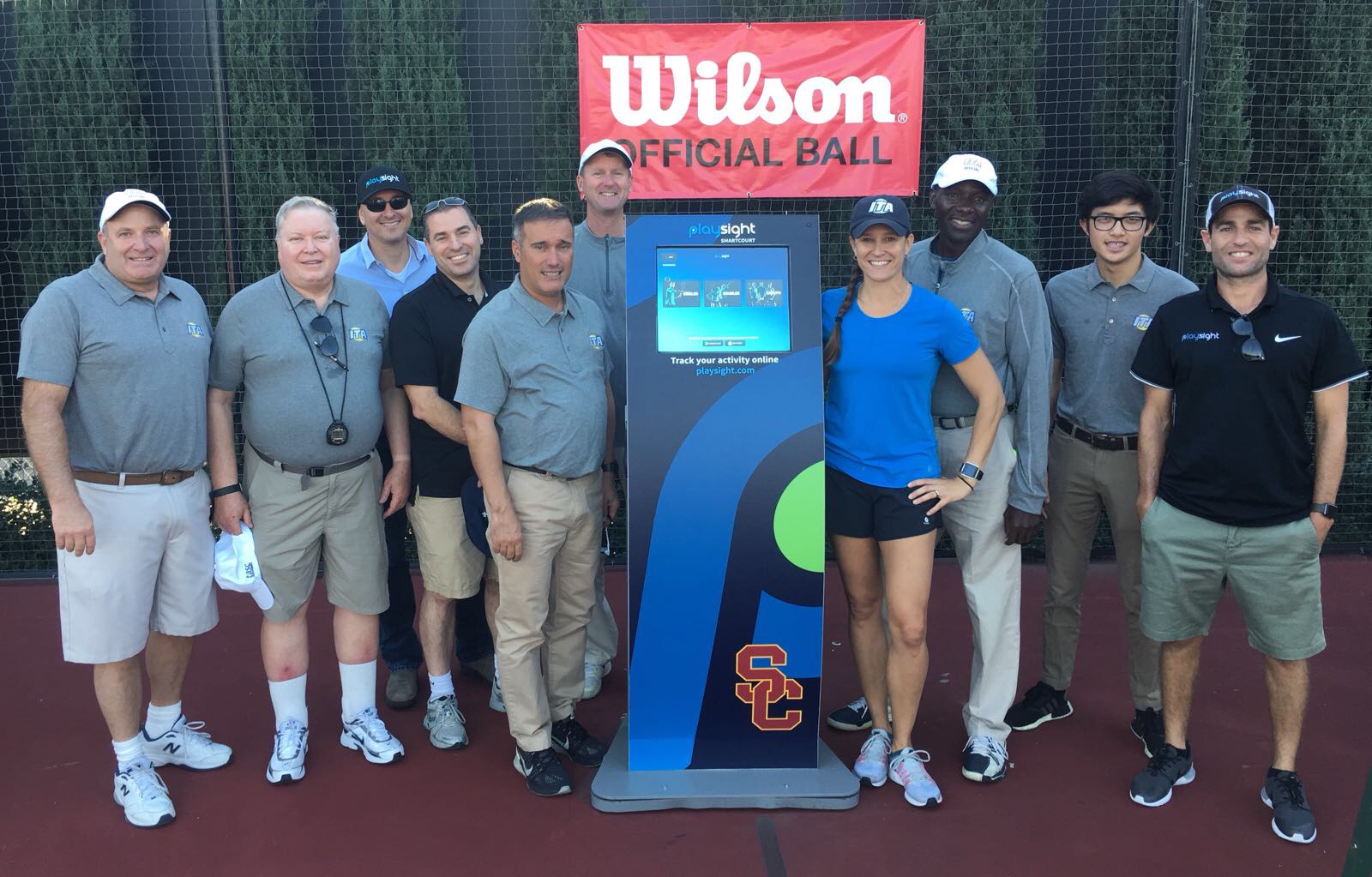This article was written by Josh Graves, who leads PlaySight’s North America Tennis Division and was formerly Captain of the Northwestern University Men’s Tennis Team.
Anyone who has played the cutthroat individual sport of tennis at a competitive level has experienced the miserable feeling of being cheated, or “hooked.” And most have made a close call or two themselves. Sometimes it’s blatant cheating. More often, it’s being 75 percent sure a ball is out, and proceeding to make the “out” call without pause. As a competitor, and operating under the “fog of war,” it is easy for the eyes to see what the heart wants them to see. And it is also easy for the heart to disregard the golden tennis rule that we’re told from the time we’re young junior players:
“If you’re not 100 percent sure the ball is out, then it’s in.”
We see it on TV, even amongst the most honorable professional tennis players in the world. It’s set point and a player feels certain that a ball landed out. They emphatically challenge the call, throwing their hands up and glaring at the line judge who they believe missed an obvious call. And then- the replay shows that the ball landed square on the line.
PlayFair first launched back in 2016 at several of PlaySight’s top academies, including JTCC in Maryland.
It’s no surprise, then, that in college tennis, playing for your teammates, your coach, your school, in front of your friends, in front of a hostile away-crowd environment, that these “close-calls” abound. In addition to the high-pressure environment, reactions to perceived bad calls amplify the problem. One player makes a bad call. Then the other player feels ripped off and cheats back. A different player one court over from the original team sees that call and then makes a close call themselves. And so on and so forth, until it becomes habit and leads to overall bad sportsmanship, match after match, team after team, year after year.
This is the unfortunate trend we’ve seen in college tennis over the last couple of decades.
But just because it comes as no surprise given the environment doesn’t mean that it has to continue. The environment can and must be changed for college tennis to continue growing and thriving.
Good sportsmanship in college tennis certainly starts with the leadership of coaches and the integrity of the players, but another initiative, the PlayFair Challenge system, is being implemented by PlaySight and the ITA to help improve the college tennis environment.
ITA officials review a challenged line call at USC.
The 2018-2019 dual season will be the third year the PlayFair Challenge system has been implemented.
Here’s last season’s results:
- 334 Total Challenges Across 36 Dual Matches
- 98 Correct Challenges (Call Overturned)
- 236 Incorrect Challenges (Call Stands)
Perhaps the biggest take-away from last year’s PlayFair matches is that players had more trust in the opponent’s line calls, which is shown from the relatively low number of challenges over the course of the 36 dual matches that implemented the system. Just knowing the match was being video recorded and that the challenge system was available proved enough for the players to make more careful calls, and to trust the opponent is doing the same.
As one participating coach said, “It eliminates all feelings that the opponent is making bad calls and I believe makes the players more accountable.”
As we look to the 75+ PlayFair dual matches scheduled for the 2018-2019 season, our hope is that between the coaches’ and players’ commitment to improved sportsmanship and the PlayFair initiative, college tennis will be more fun to play and watch, and the level of play will be even higher than it already is.
Note: The PlayFair video replay challenge system was officially approved by the ITA and has entered the college tennis rulebook in advance of the 2019-20 season.
